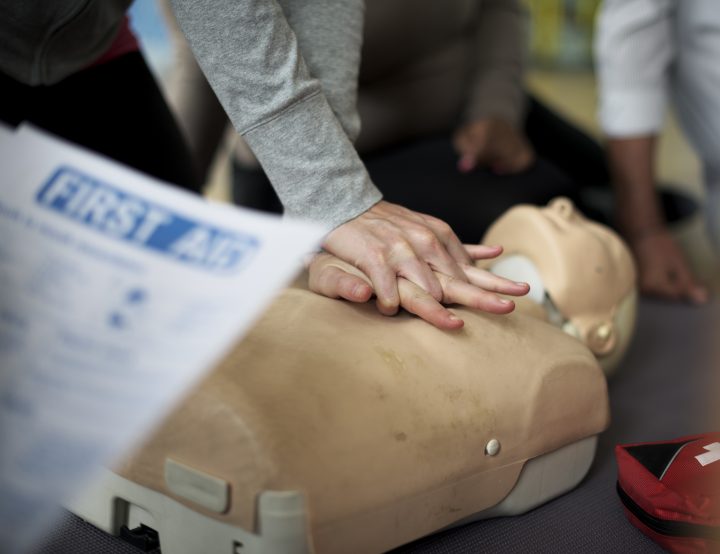BLS (Basic Life Support) and ACLS (Advanced Cardiovascular Life Support) certifications are essential for healthcare providers, first responders, and other professionals who may need to perform life-saving interventions. Since guidelines and best practices evolve, certification renewal ensures that providers stay up to date with the latest protocols.
1. When to Renew Your BLS and ACLS Certification
🔄 BLS Recertification:
- Certification is valid for 2 years.
- You must renew before it expires to remain compliant.
🔄 ACLS Recertification:
- Also valid for 2 years.
- Renewal is required to maintain active status.
📌 Tip: It’s best to start the recertification process at least 1-2 months before your certification expires to avoid lapses.
2. How to Renew Your BLS/ACLS Certification
There are several ways to renew your certification, depending on your schedule and learning preference.
Option 1: In-Person Recertification Course
✅ Best for hands-on learners and those who prefer instructor-led training.
✅ Includes a skills check-off and written exam.
✅ Offered by organizations like the American Heart Association (AHA), Red Cross, and American Safety & Health Institute (ASHI).
✅ Typically 4-6 hours long.
Option 2: Blended Learning (Online + In-Person Skills Test)
✅ Take the lecture and written exam online at your own pace.
✅ Schedule an in-person skills check-off to demonstrate CPR and emergency response techniques.
✅ Great for busy professionals who want flexibility.
Option 3: Fully Online Renewal (For Some BLS Certifications)
✅ Some organizations allow 100% online BLS renewal (not ACLS).
✅ Ensure the course is AHA-approved if your employer requires official certification.
✅ Ideal for those who have strong prior experience and need a quick renewal.
3. What to Expect During Recertification
📝 Written Exam:
- Covers updated BLS/ACLS guidelines.
- Multiple-choice questions on CPR steps, AED use, medication administration, and emergency scenarios.
👐 Skills Test (for In-Person & Blended Learning):
- Demonstrating high-quality CPR (rate, depth, recoil).
- Proper use of an AED.
- Team dynamics and communication in ACLS scenarios.
- Megacode testing (for ACLS), including ECG interpretation and medication administration.
4. Where to Renew Your Certification
You can renew through:
✅ American Heart Association (AHA) – The gold standard for BLS/ACLS certification.
✅ American Red Cross – Offers both online and in-person renewal.
✅ American Safety & Health Institute (ASHI) – Recognized by many employers.
✅ Local hospitals, fire departments, and training centers.
✅ Online accredited providers (ensure they meet AHA or Red Cross standards).
5. What Happens If Your Certification Expires?
❌ If you let your BLS/ACLS certification expire:
- Some employers may suspend you from certain duties.
- You might have to retake the full certification course instead of a shorter renewal course.
- You may lose compliance with hospital or state regulations.
📌 Tip: Always check with your employer to see if they have specific renewal requirements!
6. Conclusion: Stay Certified, Stay Prepared
✅ Check your certification expiration date and plan ahead.
✅ Choose a renewal option that fits your schedule.
✅ Practice your CPR & ACLS skills to pass the exam and skills test.
✅ Stay updated with the latest resuscitation guidelines.
🚑 By staying certified, you ensure you’re always ready to save lives when it matters most.


